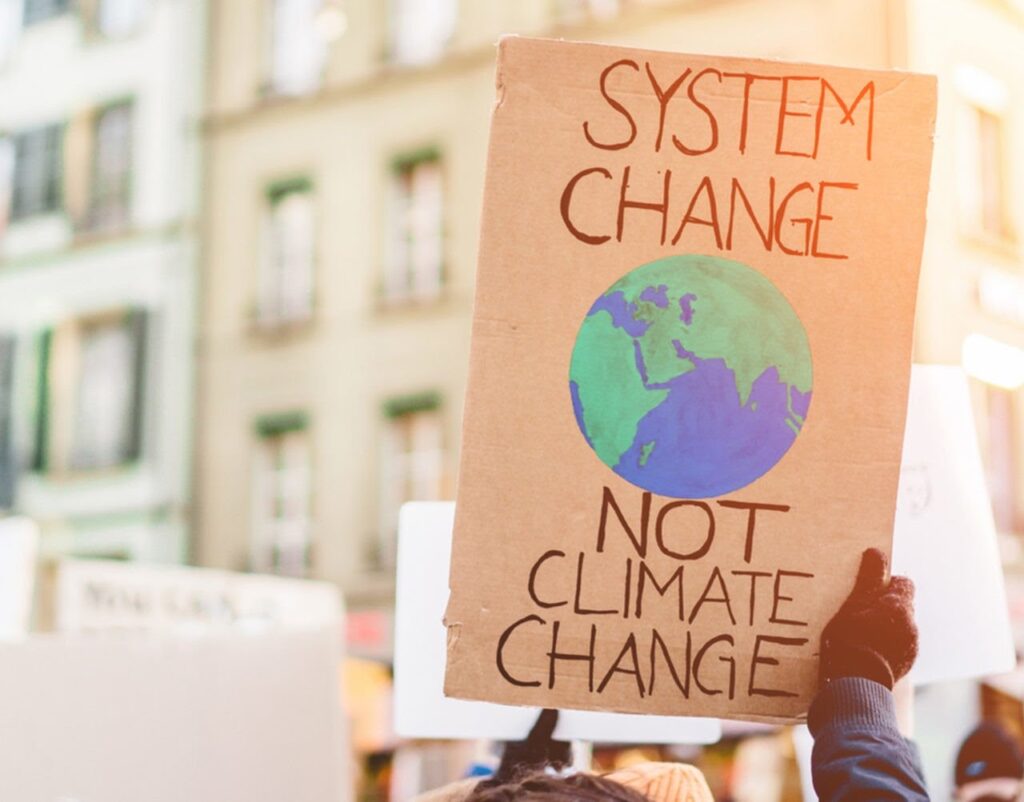COVID-19 economic recovery packages from the world’s largest economies rely heavily on support and subsidies to fossil fuels and could set back gains made through progressive efforts pre-pandemic. These are the findings of the latest Climate Transparency Report, published last week, just before the recently concluded G20 summit held virtually from Riyadh, Saudi Arabia.
The report states that while pandemic response measures and lockdowns this year would cause annual global carbon emissions to drop 4-9% in 2020 compared to 2019, atmospheric concentration of carbon has continued to rise. Further, the report states that despite a 7.5% dip in emission levels across the G20, emissions are still about 60% higher than 1990 levels. According to the report, any decline in emissions this year would likely be temporary with levels already tracking back normal levels in parts of the world.
With almost 55% of all G20 stimulus spending going towards fossil fuels, much of it unconditional, and just about 30% going towards “green” sectors, the report states that G20 nations have by and large missed the opportunity to use the recovery packages to pave a path to a green recovery and sustainable development.
The report also includes an extensive stocktake on climate action and policies in the G20 with elaborate country profiles and progress reports on different aspects of climate action and finance flows.
India’s environment ministry asks EACs to meet twice a month to fast-track clearance process
India’s Union Ministry of Environment, Forest and Climate Change (MoEF&CC) asked all Expert Appraisal Committees (EAC) granting Environmental Clearances (ECs) to meet twice a month from now on in a bid to speed up the approval-granting process. After conducting a review, the ministry found that ECs, which are given under the Environment Impact Assessment (EIA) notification, 2006, were ‘delayed due to various reasons that could be avoided’, according to the Office Memorandum (OM) sent by the ministry to all EACs, State Environment Impact Assessment Authorities and State Expert Appraisal Committees. Experts, however, have expressed their concerns with the government move, stating it could dilute the importance of appraisal and a detailed scrutiny of the EC process.
Modi calls for greater cooperation to deal with climate change in G20 address
Indian Prime Minister Narendra Modi this past Sunday brought focus to India’s achievement in exceeding its commitments to the Paris Agreement and called for greater integration of global efforts. Speaking virtually at the G20 Summit side event, “Safeguarding the Planet – The Circular Carbon Economy Approach”, Modi brought attention to the fact that India had overshot its targets in renewable energy installation and reducing emission intensity, including with LED popularisation drives.
The PM’s address brought attention back to the global long-term challenge of climate change, which had understandably been displaced by public health and pandemic response as the key area of concern during the G20 deliberations this year. Modi also called on G20 nations for more holistic climate action rather than fighting isolated battles. “Inspired by our traditional ethos of living in harmony with the environment, and the commitment of my government, India has adopted low-carbon and climate-resilient development practices,” the PM said.
Megaprojects threatening to push world’s forests past ‘dangerous tipping point’: Study
A new study highlighted the threat that infrastructure megaprojects across the world pose to forests, warning that they are at a risk of being pushed past the ‘dangerous tipping point’. This risk is making climate targets unachievable, the report, by a coalition of 25 research and conservation organisations called the New York Declaration on Forests Assessment Partners, stated. The report found there were tens of thousands of miles of roads and railways being planned alongside dams and mines in regions such as central Africa, South America and south-east Asia. Almost half the world’s mines – 1,500 – are in forests, the study stated.
After zero-emission target, Japan lawmakers declare climate emergency
Days after Japan declared its zero emissions goal, the country’s lawmakers voted to declare a climate emergency in a bid to increase global pressure for climate action. Japan joins countries such as Britain, Canada, France and the EU who have also made similar declarations in the recent past. The emergence declaration, which is non-binding, cites “unprecedented damage” from hurricanes, forest fires and flooding, made worse by climate change in Japan and across the world, as reasons for declaring the ‘climate crisis’.
6 green groups sue Trump administration over drilling in Arctic
Six environment groups together sued the Trump administration for pursuing plans to expand drilling in the National Petroleum Reserve-Alaska (NPRA). The Willow Project will produce up to 590 million total barrels of oil over the next 30 years. Environmentalists worry that the project is too close to the Arctic National Wildlife Refuge in Alaska. According to the lawsuit, the Trump administration’s Bureau of Land Management (BLM) violated the National Environmental Policy Act and the Endangered Species Act, which require a detailed review of how a specific project affects local animal and human populations.
Meanwhile, US president-elect Joe Biden named former Secretary of State John Kerry as the special climate envoy. Kerry was at the forefront when the Paris Climate Agreement was being written.
About The Author
You may also like
Loss and Damage Fund board meets to decide on key issues, Philippines chosen the host
India’s new hydel push can’t turn blind eye to Teesta III failures
Teesta disaster: How not to build a dam
Climate change impacting GDP and capital globally, poor countries most affected
China’s BRI investments: Shifting gears to green


